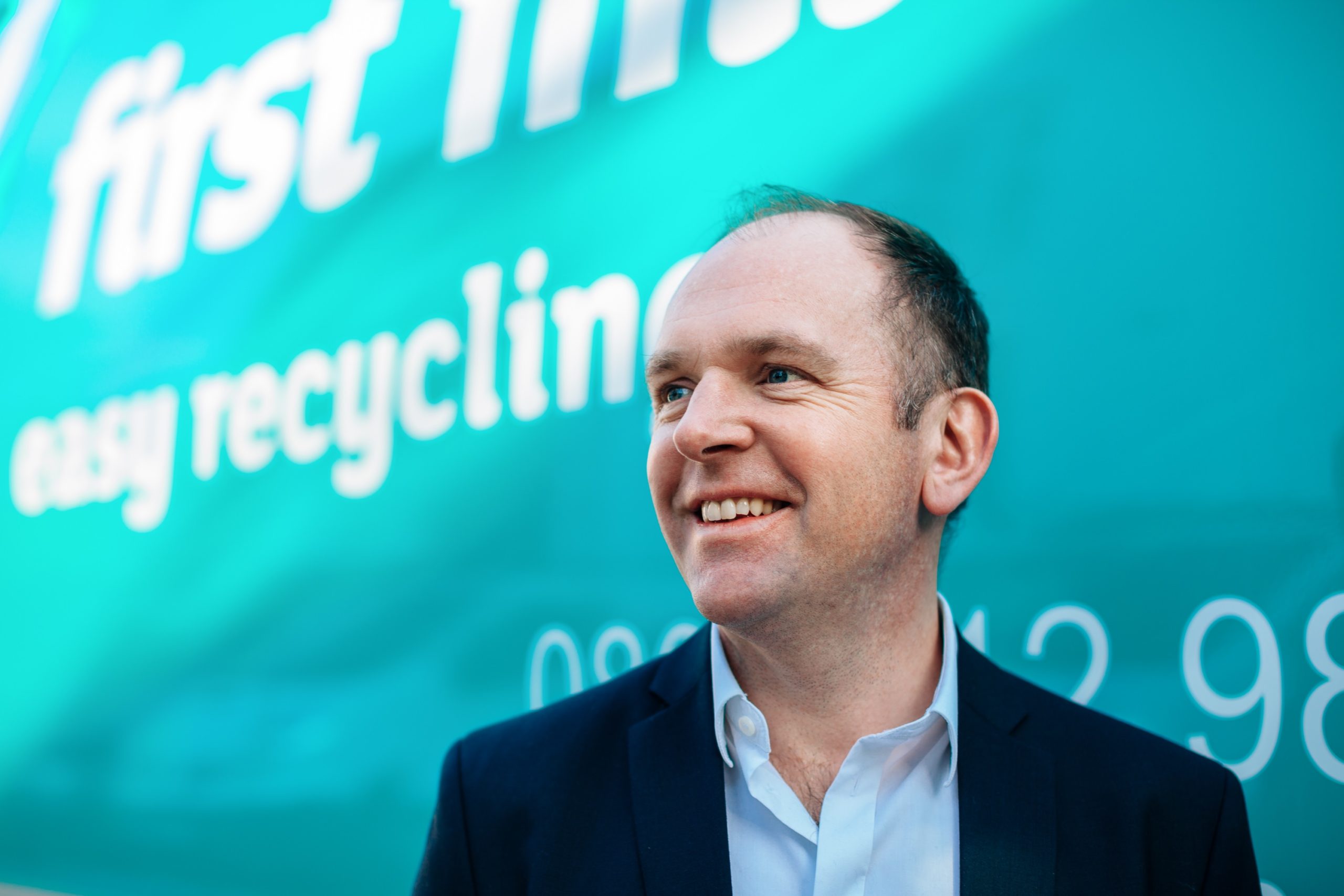The Department for Environment, Food and Rural Affairs has been warned it could have breached government rules around consultations by offering a last minute fourth option for business waste measures, outside of its EPR consultation document.
The claim along with other concerns has been made by London-based business, First Mile and increases the heat on the department over its £1.5 billion business waste recycling plans contained in its consultation document. The business waste proposals are to form a major part of a new Extended Producer Responsibility (EPR) system and sit alongside a plan to pay councils in full for the collection of packaging waste from households.
A letter about the EPR proposals has already gone to Defra from the Environmental Services Association and other groups (see letsrecycle.com story) and a note of alarm has been sounded by the Recycling Association (see letsrecycle.com story).
With household waste, the new system is estimated to cost £2.7 billion and some in the sector suggest there are growing concerns in Westminster about the costs. For businesses, the new system originally proposed businesses receiving rebates, funded by producers for packaging waste collected, in order to bring the costs as “close to zero as possible”, and so drive up recycling rates.
Options
In the consultation which closed on Friday 4 June, three options for structuring a business waste recycling system were proposed. Concerns were raised over all three and Defra came up with a fourth option while the consultation was being run.

Bruce Bratley, CEO at First Mile, has warned about ‘back door nationalisation of the business waste sector’
However, the fourth option has only been discussed by a working group which it set up to look closely at business waste extended producer responsibility.
‘Unlawful’
Now, London-based waste and recycling company First Mile has said that it considers that the fourth option proposals are “unlawful” and could result “in a back-door nationalisation of the business waste sector” unless major changes to are made to several pieces of primary legislation.
The company, which has substantial contracts in the London area, also said that Defra could have breached the government’s own Code of Practice on Consultations by talking to the working group rather than including the option in its original consultation.
The fourth option is understood to include a division between micro businesses and medium and large businesses. Local authorities would get the job of providing waste services to the micro businesses and could collect it when household waste and recycling are collected, and be paid by the administrator of the new system. A zoning system would also be created.
For medium and larger businesses, the structure is still to be resolved but it is likely they would get rebates or a free bin service. Zoning is also an option for larger businesses with a role for local authorities.
Reconsideration
Bruce Bratley, chief executive of First Mile, said that Defra should “immediately withdraw its fourth proposal and implement a major reconsideration of packaging waste produced by businesses.”

Local small businesses with 240 litre bins could be served by local authorities, suggests First Mile
He suggested that the idea of ‘Business Waste Payments’ should be put on hold and, as an alternative, First Mile proposes that packaging producers pay for:
– An education and training budget to provide the necessary support for waste producers to adopt the Consistent Collections proposals.
– An enforcement budget for each Local Authority to employ enforcement officers to ensure that businesses are complying with their obligations and to improve the street scene. Local Authorities will be much better placed to enforce than the Environment Agency.
Private sector
On the role of the private sector, Mr Bratley emphasised: “Throughout all of this that has been an implication that somehow the present private waste management industry is ‘broken’ and that waste collection companies are not offering customers efficient, cost effective recycling services.
“This is simply not true and there is a significant and real risk that the EPR proposals lead to a worse environmental outcome, higher costs and the introduction of volatility to a recycling market that needs stability and lawful support.”
And he added that the scope of the “micro business concept” would need to be looked at closely and perhaps apply to the use of standard household 240 litre bins. “It is reasonable that when people are working from home, they can put their waste and recycling into the domestic waste stream. But the definition could be too wide as the government uses a turnover level of £10 million. ”
The post Consultation code concern over business waste appeared first on letsrecycle.com.
Source: letsrecycle.com Packaging


